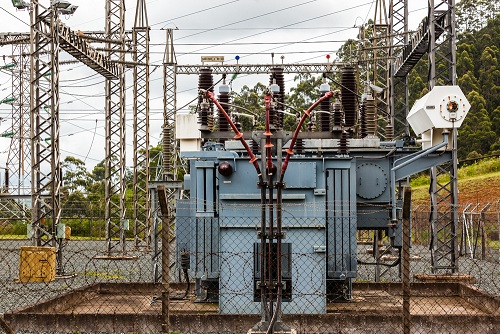The problems of using, recycling, and disposing of waste products are are growing. The failure to manage waste has the potential to cause a global environmental disaster.
There have been some recent positive tendencies in the elimination of waste products, but they have not completely eliminated the problem. So, what is the true nature of the problem?
Dumping and disposal of waste products can be very expensive and does not reduce and/or eliminate the amount of discharges into the atmosphere, surface water and ground water. Despite the many issues associated with wase products, some of the waste products may be restored and reused by proper processing.
Used industrial oil is considered to be one of the main waste products produced world wide. This is due to the fact that there are a large number of industrial enterprises in big cities throughout the world. They all consume oil products in different forms that include fuel, oil, slushing oil, or flushing fluids. The industrial enterprises additionally produce sewage water, sludge, and other wastes that contain oil and oil waste products.
Used oil comprises the majority of oil wastes that are stored at various industrial and transport facilities. In 2014, industrial enterprises produced about 30 million tons of used oil. Half of this oil is lost in the course of industrial production processes and the rest is simply discharged from the machines and equipment because the oil has lost its performance characteristics.
The main difficulty is that mineral oil becomes oxidized and decomposes under normal operating conditions. Under more extreme operating conditions, the oxidation and decomposition process becomes accelerated.
The quality of used oils may differ significantly, depending on the kind of equipment, working conditions, data collection and storage peculiarities.
Oil will be affected by the air, dust, metals, and fuels. Additionally, oil will be affected by such factors as high temperature, atmospheric pressure, and electrical fields that change and degrade the performance characteristics of oil products.
The color of oil is considered to be one of the most significant properties in determining oil quality and purity. Although such a method is not completely reliable due to different manufacturing processes and additve packages, the color helps to determine the current purity and conamination state of the product.
Waste oil products will still consist of about 80% of valuable hydrocarbons that can be re-used. Decoloration and regeneration of the oil therefore, are necessary and cost effective methods of recapturing these valuable hydrocarbons.
In many cases, natural adsorbents are used to recover the used oil. First, they have good blotting and bleaching characteristics. Second, the natural adsorbents are cheaper and more effective than similar artificial substances.
There are different ways to apply used oil. Different ways of used oil recycling are used in many parts of the world. In particular, the used oil is applied when lubricating gross friction units or compression moulds on railway factories.
Oil can also be used as boiler fuel depending on the degree of purity. But it also results in environmental pollution. It is impossible however, to meet all energy needs with the help of used oils.
When compared with combustion and other disposal methods, the regeneration process has some undeniable advantages such as: (1) multiple use of raw materials; and (2) the increased amount of local resources for oil production. The regeneration of raw materials directly at the place of its consumption is considered to be very efficient and cost effective.
GlоbeCоre has developed and is still producing mobile oil stations in the CMM, MCU and UVR lines. GlobeCore oil processing equipment is designed to remove mechanical impurities, water, gases, and oxidation products from new and used oil. It allows the owners of oil filled equipment to restore the performance characteristics of oils so that the oil can continue to be used in the oil filled equipment without the need for replacement and disposal.
The regeneration of used oil, performed by GlоbeCоre branded equipment, allows the owners of oil filled equipment to:
(1) extend the service life of oil and oil filled equipment;
(2) to empty used oil storage facilities and use them for other purposes;and
(3) reduce financial expenditures for new oil purchases, unplanned repairs and unscheduled downtime of equipment.

